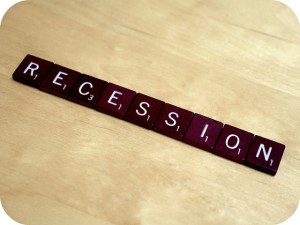When the economy was on the verge of collapse due to the 2008 financial crisis, the Federal Reserve dropped interest rates to zero in an effort to get money moving around again. The economy is not in such dire straits now, of course, so the Fed has once again returned to raising rates gradually. This video quickly reviews how the Fed works and demonstrates the ways that the central bank affects the nation’s money supply.
Questions:
- What are the Continue reading





